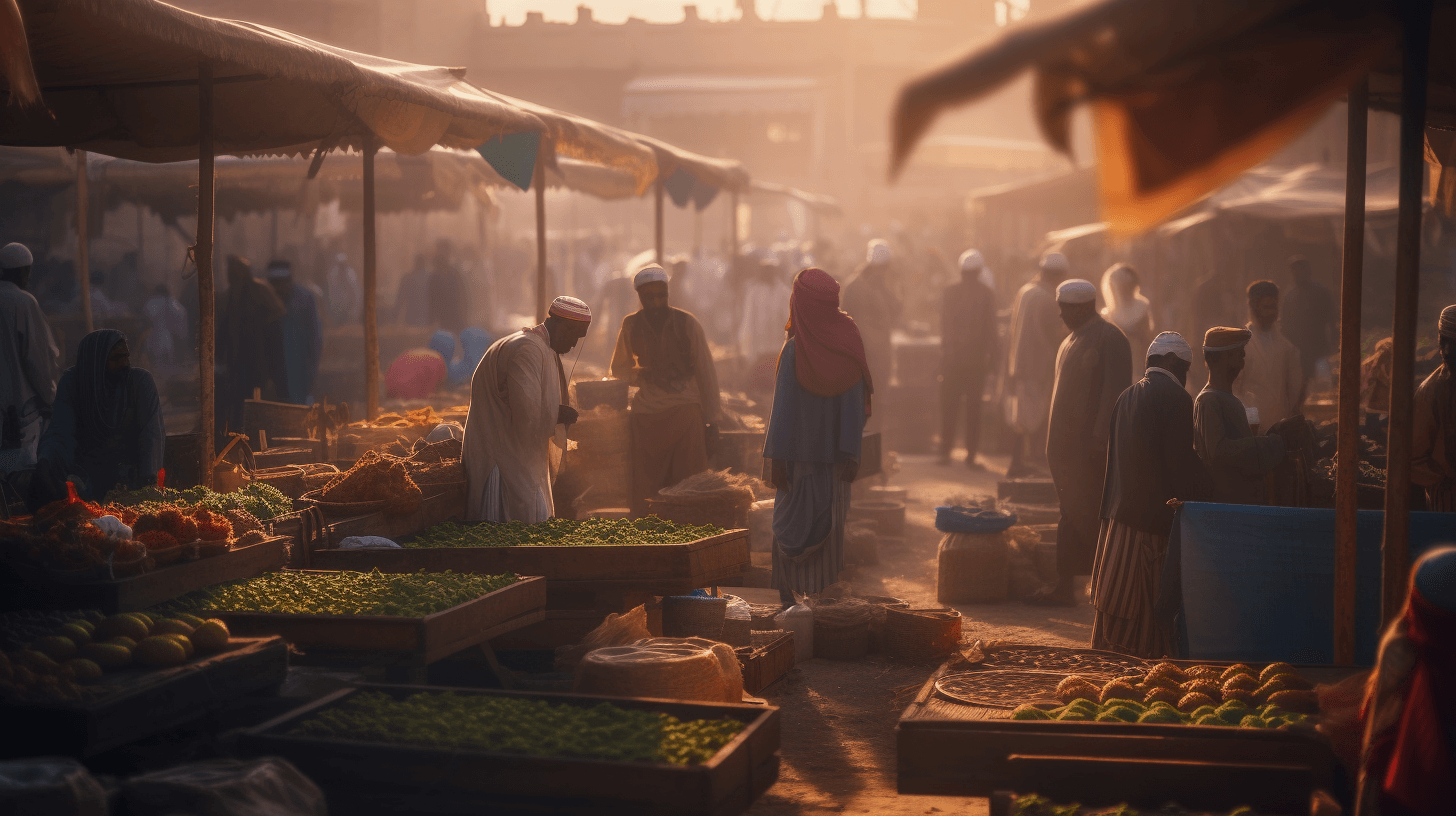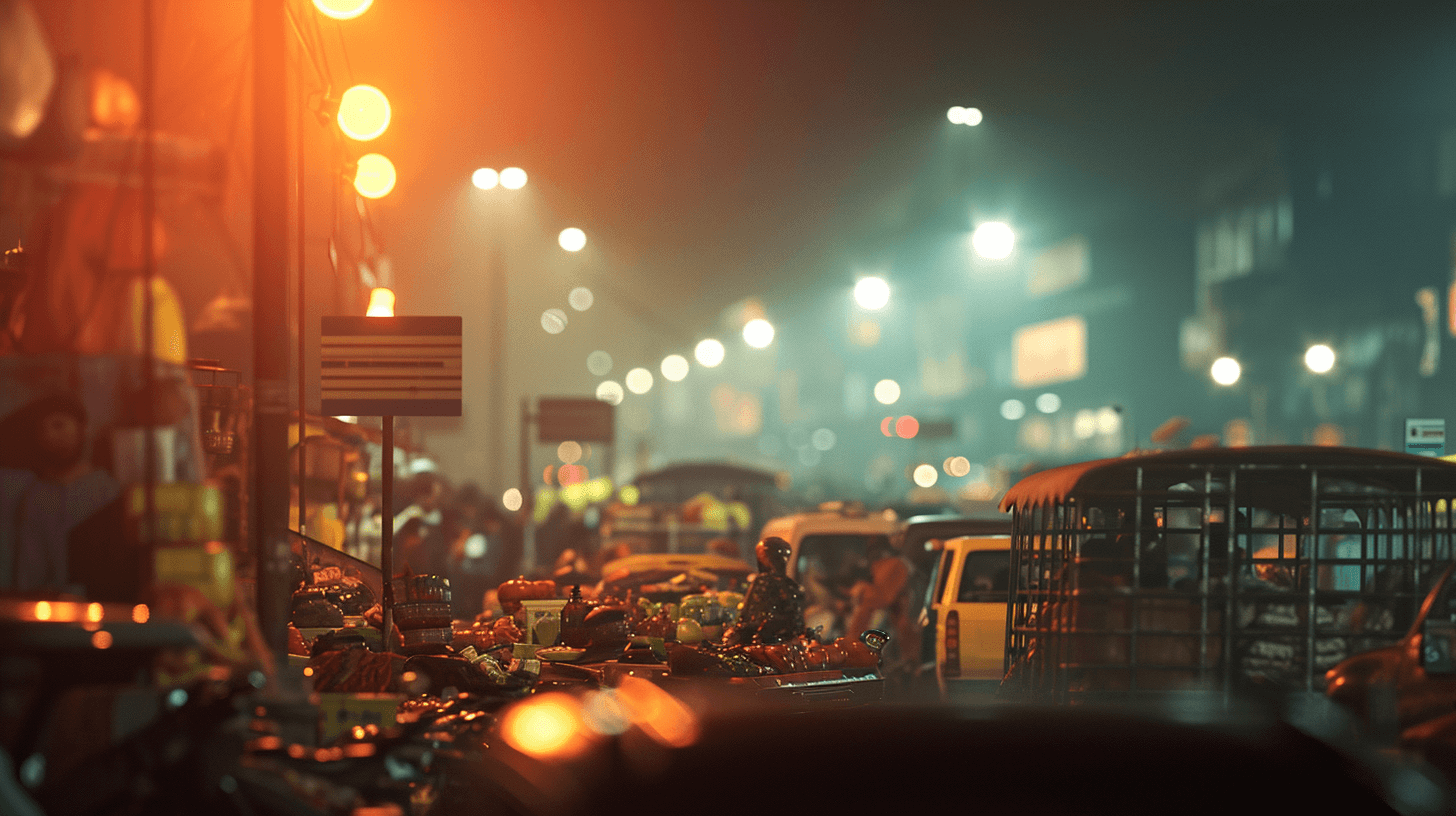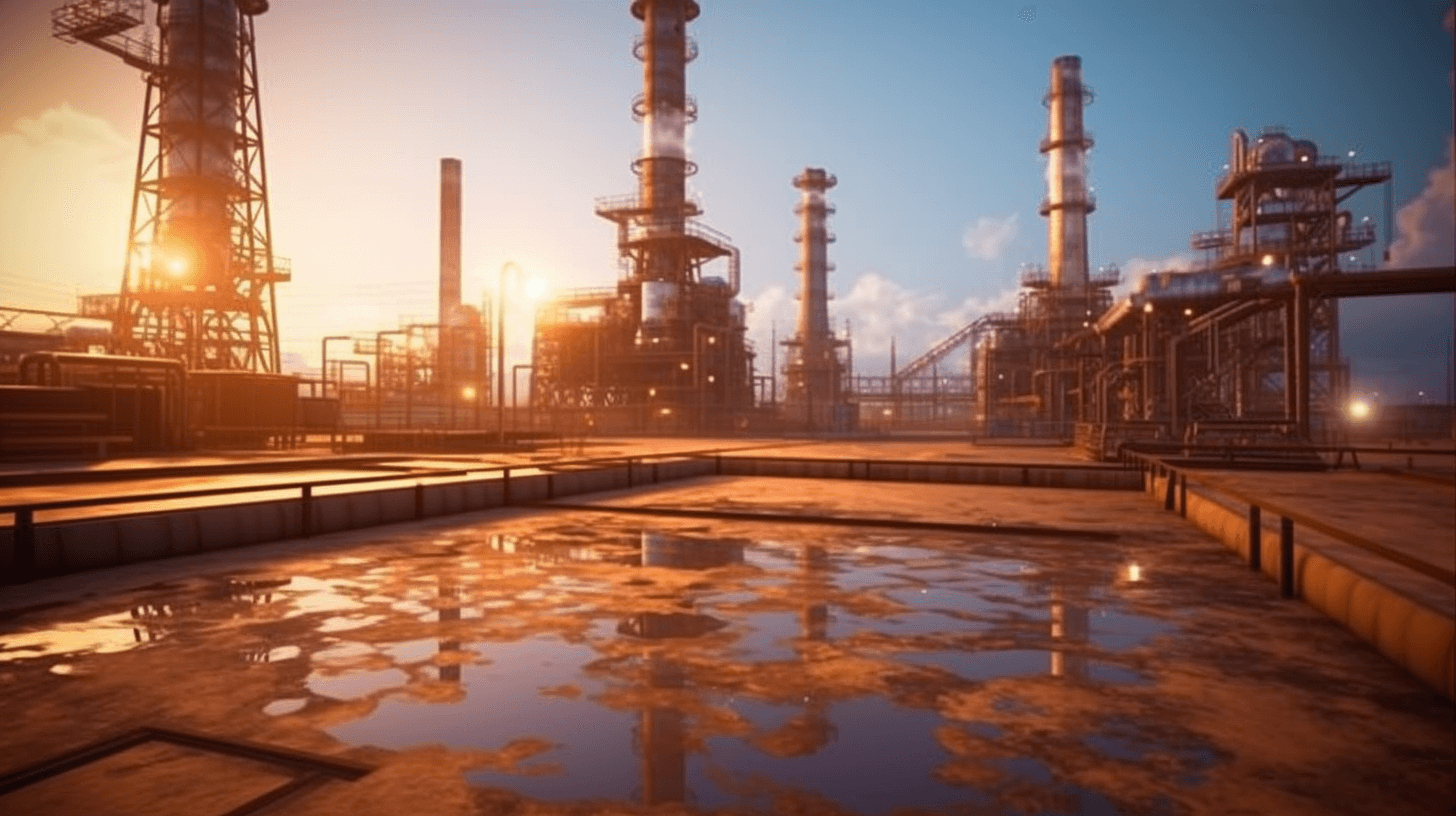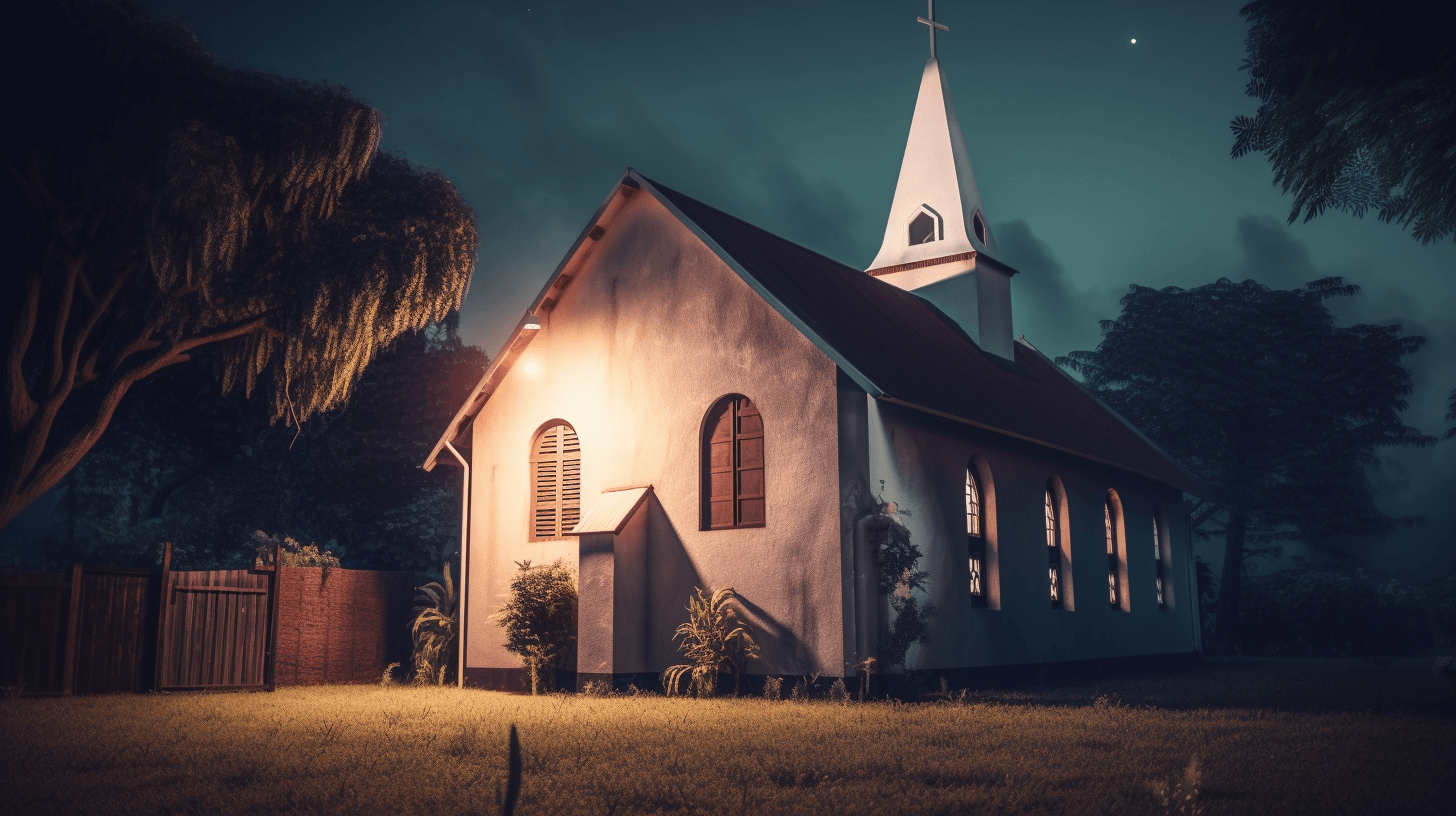🇸🇩 Sudan’s Conflict Ignites Fea’ of Civil War in Darfur 🔥💔
Da fragile peace dat wen calm down years of genocidal violence in Darfur stay at risk once again. Afta one cease-fire went bust in da capital of Sudan, two weeks of scrap between da country’s army and one paramilitary group stay sparking violence in Darfur, one region dat stay scarred by two decades of genocidal conflict dat left as many as 300,000 people dead. 💥💣🔫
Da cease-fire dat stay supposed foa end on Sunday night wen crumble on Saturday as da capital Khartoum stay getting hammered by artillery fire and airstrikes. But now everybody stay worried about da Darfur region, where one security vacuum wen open up dat diplomats and odda observers stay afraid might lead to one civil war. 💣🔥💔
Armed groups inside of Darfur stay stealing from health care facilities and burning down houses, while marketplaces stay catching on fire. Da civilians stay starting to arm themselves against da marauding militias and against da Rapid Support Forces, one paramilitary group dat stay battling da Sudanese Army. 💥🚫🔫
“Da tensions and da scrap we facing, dey could lead to one civil war,” said Ahmed Gouja, one human rights monitor dat stay based in Nyala, which stay Darfur’s biggest city. 💔🔫
Da bigger conflict inside of Sudan between da two fighting factions wen cause moa den 500 people to die and 4,500 to get hurt since da scrap wen break out in Khartoum on April 15. Plenty moa people wen run away from da country, and dey stay facing danger wen trying to reach safety in neighboring countries like Egypt, Chad, and Ethiopia. 💔💥🏃♂️
On Saturday, one bus convoy wen carry American citizens from Khartoum wen reach da city of Port Sudan on da Red Sea. But plenty odda civilians stay stuck inside of Khartoum and odda places dat stay dangerous, oftentimes near da feared Rapid Support Forces. 💼🏢👥
But inside of Darfur, da scrap stay causing one security vacuum dat da militias and armed tribes stay taking advantage of, which stay making everybody scared of one widespread conflict and one situation dat stay brutal in one region dat stay getting hit hard with indiscriminate attacks against civilians in recent years. 💥🔥🔫
Violence inside of Sudan Inside of West Darfur in recent years, da Arab communities wen mobilize alongside da Rapid Support Forces and wen attack da non-Arab African groups, including da Masalit group, said Mohamed Osman, one Sudan researcher foa Human Rights Watch. In return, da Masalits wen gather weapons and wen organize themselves into self-defense militias, he said. Tensions stay boiling foa decades among da Arab and ethnic African groups inside of Darfur, one region dat stay da size of California. But da recent instability wen start in da early 2000s, when da country’s former dictator, Omar Hassan al-Bashir, and da Sudanese military wen recruit Arab fighters, known as da Janjaweed, foa crush mostly non-Arab groups dat stay rebelling against da state. 💥🔥👥
Da aftermath wen bring about one campaign of rape, murder, and ethnic cleansing. As many as 300,000 people wen die and 2.7 million odda people wen have to leave their homes, according to da United Nations. Da International Criminal Court wen start one investigation into da genocidal violence, and dey wen indict Mr. al-Bashir on charges of genocide and crimes against humanity in 2009.
Da Janjaweed was transformed in da 2010s into da Rapid Support Forces, da group dat stay now fighting its former ally, da Sudanese military. Da group’s leader, Lt. Gen. Mohamed Hamdan, mostly known as Hemeti, hails from Darfur, and analysts fear dat he may try to seek refuge in his native region if da Sudanese military defeats his forces in Khartoum. 💣👥🔫
Da scale of da violence stay varying across Darfur since da conflict erupted dis month. Nyala, in South Darfur, and El Fasher in da north stay getting hit hard in da first days of da conflict. But in recent days, da scrap stay backing off in both areas, and in Nyala, local civilian committees stay showing up foa enforce da cease-fire, according to Mr. Ahmed. 💥💔🚫
Da situation stay more alarming in West Darfur, particularly in da city of Geneina, where da United Nations and aid groups stay reporting da killing of at least 100 civilians. 💔🔥💥
On Thursday, da Sudanese Army wen scrap with da Rapid Support Forces, and militias wen attack several neighborhoods in da city, according to Idriss Hassan al-Zahawi, one local civil society observer. “Da conflict there has taken a social dimension,” Mr. al-Zahawi said in one voice message, referring to da growing tensions between Arab and ethnic African groups. 👥💥🔫
One of da main hospitals in da area wen get looted, and staff from Doctors Without Borders, who work at da hospital, wen get unable to reach it. Da group wen have to cut off most of its activities in West Darfur, according to a statement. 💔🏥🚫
Da situation in Sudan stay worrisome foa da international community, and organizations such as da United Nations and da African Union stay calling foa an immediate end to da fighting and a return to da negotiating table. If da scrap continues, it might lead to one wider conflict dat could destabilize da region and lead to one humanitarian crisis dat could affect millions of people. 💔🌍🙏
In conclusion, it is important foa all parties involved to come together and find a peaceful solution to da conflict before it leads to one devastating outcome. Da world is watching, and da people of Sudan deserve better.
NOW IN ENGLISH
🔥💔 Sudan Conflict Risks Civil War in Darfur: Fragile Peace Broken
The fragile peace that once quieted years of genocidal violence in Darfur is at risk once again. After a cease-fire faltered in Sudan’s capital, two weeks of fighting between the country’s army and a paramilitary group have reignited violence in Darfur, a region scarred by two decades of genocidal conflict that left as many as 300,000 people dead. 💥💣🔫
A cease-fire scheduled to end on Sunday night fell apart on Saturday as the capital Khartoum came under artillery fire and airstrikes. But attention has now focused on the Darfur region, where a security vacuum has emerged that diplomats and other observers fear may lead to civil war. 💣🔥💔
Armed groups in Darfur have looted healthcare facilities and burned households, while marketplaces have gone up in flames. Civilians there have begun arming themselves against marauding militias and against the Rapid Support Forces, the paramilitary group fighting the Sudanese Army. 💥🚫🔫
“The tensions and the fighting we’re facing, they could lead to a civil war,” said Ahmed Gouja, a human rights monitor based in Nyala, Darfur’s largest city. The broader conflict in Sudan between the two warring factions has left more than 500 people dead and 4,500 wounded since fighting erupted in Khartoum on April 15. Tens of thousands more have fled the country, an often perilous effort to reach safety in neighboring countries like Egypt, Chad, and Ethiopia. 💔💥🏃♂️
On Saturday, a bus convoy carrying American citizens from Khartoum reached the city of Port Sudan on the Red Sea. Countless other civilians have remained trapped in Khartoum and other areas of violence, often in proximity to the feared Rapid Support Forces. 💼🏢👥
But in Darfur, the fighting has also created a security vacuum that militias and armed tribes have exploited, raising fears of a widespread conflict and brutality in a region that has faced a surge of indiscriminate attacks against civilians in recent years. 💥🔥🔫
Inside West Darfur in recent years, Arab communities have mobilized alongside the Rapid Support Forces and carried out attacks against non-Arab African groups, including the Masalit group, said Mohamed Osman, a Sudan researcher at Human Rights Watch. In return, the Masalits have accumulated weaponry and organized themselves in self-defense militias, he said. Tensions have simmered for decades among Arab and ethnic African groups in Darfur, a region the size of California. But the more recent instability dates to the early 2000s when the country’s former dictator, Omar Hassan al-Bashir, and the Sudanese military recruited Arab fighters, known as the Janjaweed, to crush mostly non-Arab groups rebelling against the state. 💥🔥👥
The aftermath brought about a campaign of rape, murder, and ethnic cleansing. As many as 300,000 people died, and 2.7 million others were displaced, according to the United Nations. The International Criminal Court opened investigations into the genocidal violence, indicting Mr. al-Bashir on charges of genocide and crimes against humanity in 2009. The Janjaweed was transformed in the 2010s into the Rapid Support Forces, the group that is now fighting its former ally, the Sudanese military. 💣







